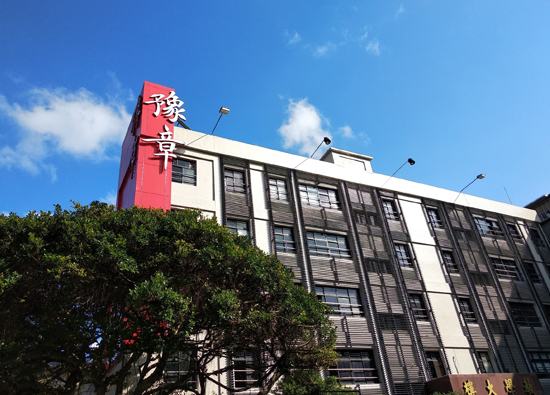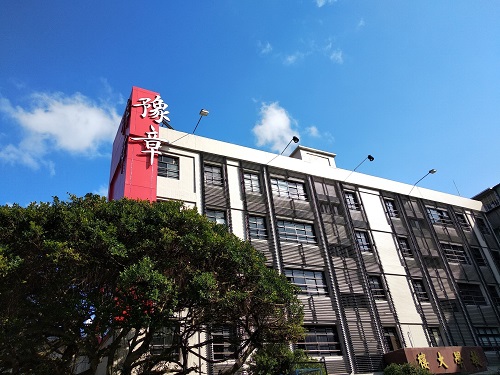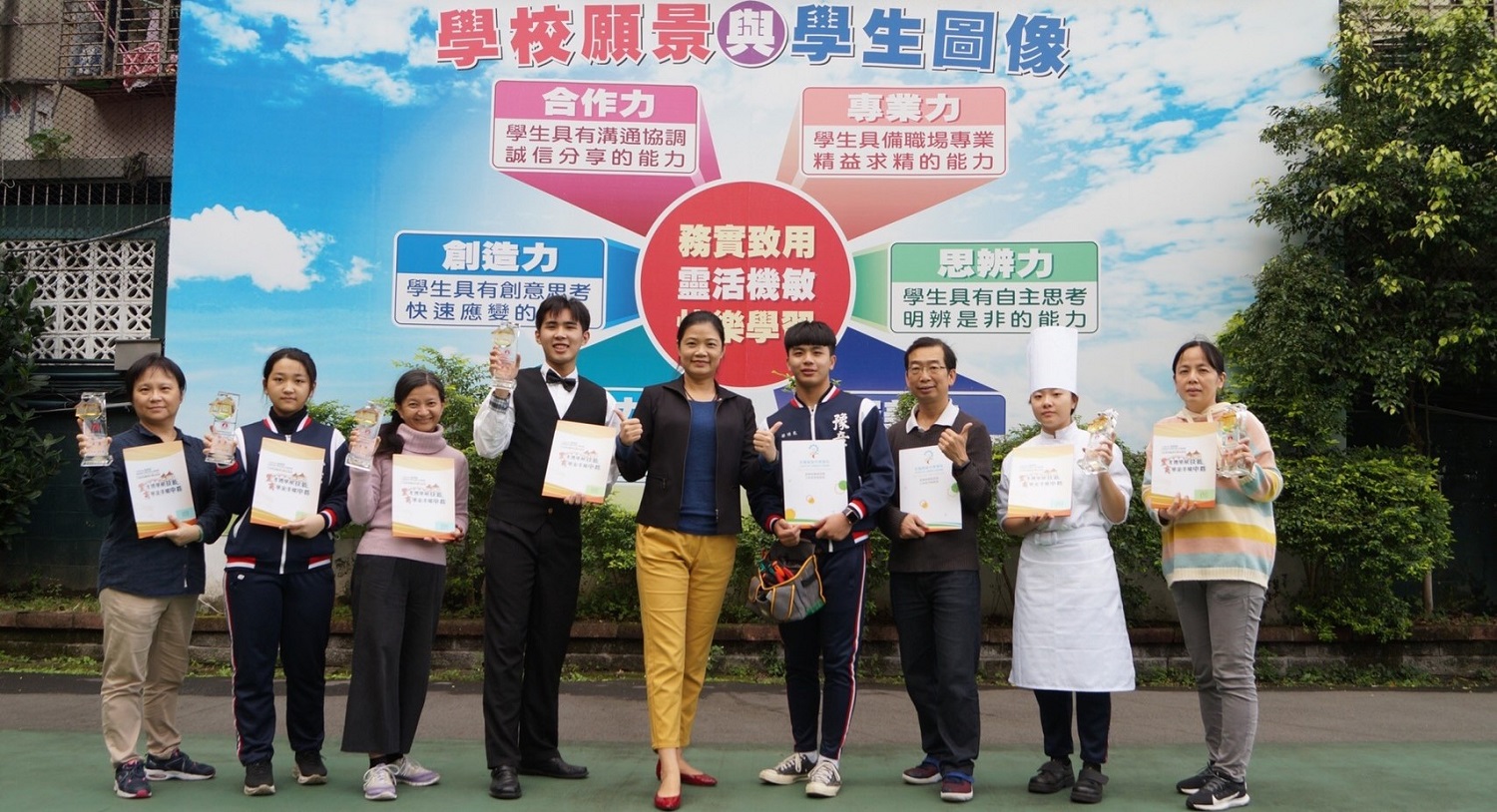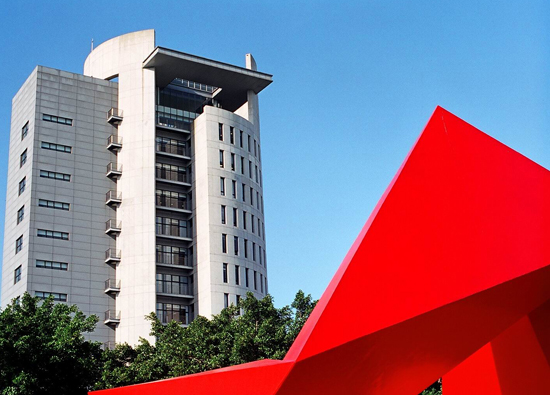03.2021 Cover Story
Yu Chang Technical Commercial Vocational High School led the new generation and new battlefield
Yu Chang technical commercial vocational high school / MA Yulan

 In the era of rapid change, the cycle of knowledge updating is getting faster and faster, and the school running thinking has gradually changed from "imparting knowledge" to "helping students equip themselves with the unknown literacy". In this issue of "cover story", we specially invite President Ma Yulan to talk about how Yu Chang technical commercial vocational high school encourages students to make good use of resources, build cross domain abilities, and meet the future challenges with confidence!
In the era of rapid change, the cycle of knowledge updating is getting faster and faster, and the school running thinking has gradually changed from "imparting knowledge" to "helping students equip themselves with the unknown literacy". In this issue of "cover story", we specially invite President Ma Yulan to talk about how Yu Chang technical commercial vocational high school encourages students to make good use of resources, build cross domain abilities, and meet the future challenges with confidence!In the era of rapid change of information technology and half-life of knowledge, how to cultivate students to manage themselves with the attitude of long-term development, diversified training and cross domain integration, and adapt to the increasingly changing world, is not only an important national education policy, but also the foundation of national strength improvement.
 Nowadays, students are highly dependent on electronic products, like interactive elements, have a high degree of acceptance of new things, have the courage to express themselves, are flexible and creative, and are heavy users of social media. How to make these characteristics become the "workplace advantage" of generation Z through education is not only a test of the government's education policy, but also a big challenge for teachers at the education scene .
Nowadays, students are highly dependent on electronic products, like interactive elements, have a high degree of acceptance of new things, have the courage to express themselves, are flexible and creative, and are heavy users of social media. How to make these characteristics become the "workplace advantage" of generation Z through education is not only a test of the government's education policy, but also a big challenge for teachers at the education scene .In the past, the educational goal of technical schools was to emphasize professional skills. In order to cultivate students' professional skills, teachers used practical courses and employment oriented collaboration between industry and school to cultivate students' breadth and depth in the field of professional skills. However, in recent years, under the influence of big data, artificial intelligence technology and Internet, many job opportunities have been "killed", such as typist, driver, toll collector of national highway, and assistant of DVD movie and television shop Such work has disappeared in the current of the times. McKinsey even estimates that 400-800 million jobs in the world will be replaced by artificial intelligence technology in 2030.
Nevertheless, technology has created many new jobs. Driven by 5g and AI trends, new changes have taken place in demographic structure, lifestyle and consumer behavior. Big data analyst, new media community marketing expert, radar algorithm engineer, coach housekeeper, game numerical planner, game role actor, IP manager, algorithm development engineer and digital forensic Analyst New job opportunities have emerged.
The trend has reshaped the allocation of human resources in the future. The question is, can you transfer to a new job smoothly? To this end, the education sector has put forward 107, 108 and 109 new syllabus. Every year, through the revision of the syllabus, the teaching method of cultivating single skilled professionals is gradually weakened, the concept of subject departmentalism is eliminated, and the interdisciplinary curriculum is designed to break through the interdisciplinary group. Through the complementation of flexible and practical fields, the practical experience is matched with disciplines, and more efficient teaching materials and methods are used to cultivate students' cross-border expertise .
In order to cultivate students who are pragmatic, flexible and resourceful, who can adapt to the trend and grasp the opportunities, we need to make students realize that the master of learning process is themselves, and they are the protagonist of life sovereignty. Yu Chang encourages students to think carefully about their future career planning and take responsibility for their future development.
Secondly, develop cross domain capabilities from original expertise or interests. Yu Chang students can start from their own professional interests, and then explore new knowledge through flexible courses or interdisciplinary elective courses, so as to develop their familiarity and identification with new fields. For example, students of business and economics study digital multimedia technology courses across domains to cultivate the ability of "e-commerce" and "live webcam"; students of electrical engineering take the course of network construction to link the field of "information technology". In addition, the school also offers "catering aesthetics" course for catering science students to inject aesthetic creation and appreciation into catering service. At the same time, the introduction of HKUST professors and professional teachers to teach, extend learning space, combined with innovative and interesting courses, after learning practice, inspire students to another cross domain ability and expertise, in order to apply to the future career. For senior three students, further planning employment oriented classes, not just on paper, but to fight, let practice verify the theory.
Yu Chang's goal is to encourage students to use information technology capabilities, make good use of online learning resources, conduct multi-channel learning, accumulate knowledge, reserve combat power, and build cross domain capabilities, so as to become all-round talents with cooperative, professional, creative, speculative, moral and aesthetic abilities.
#



















